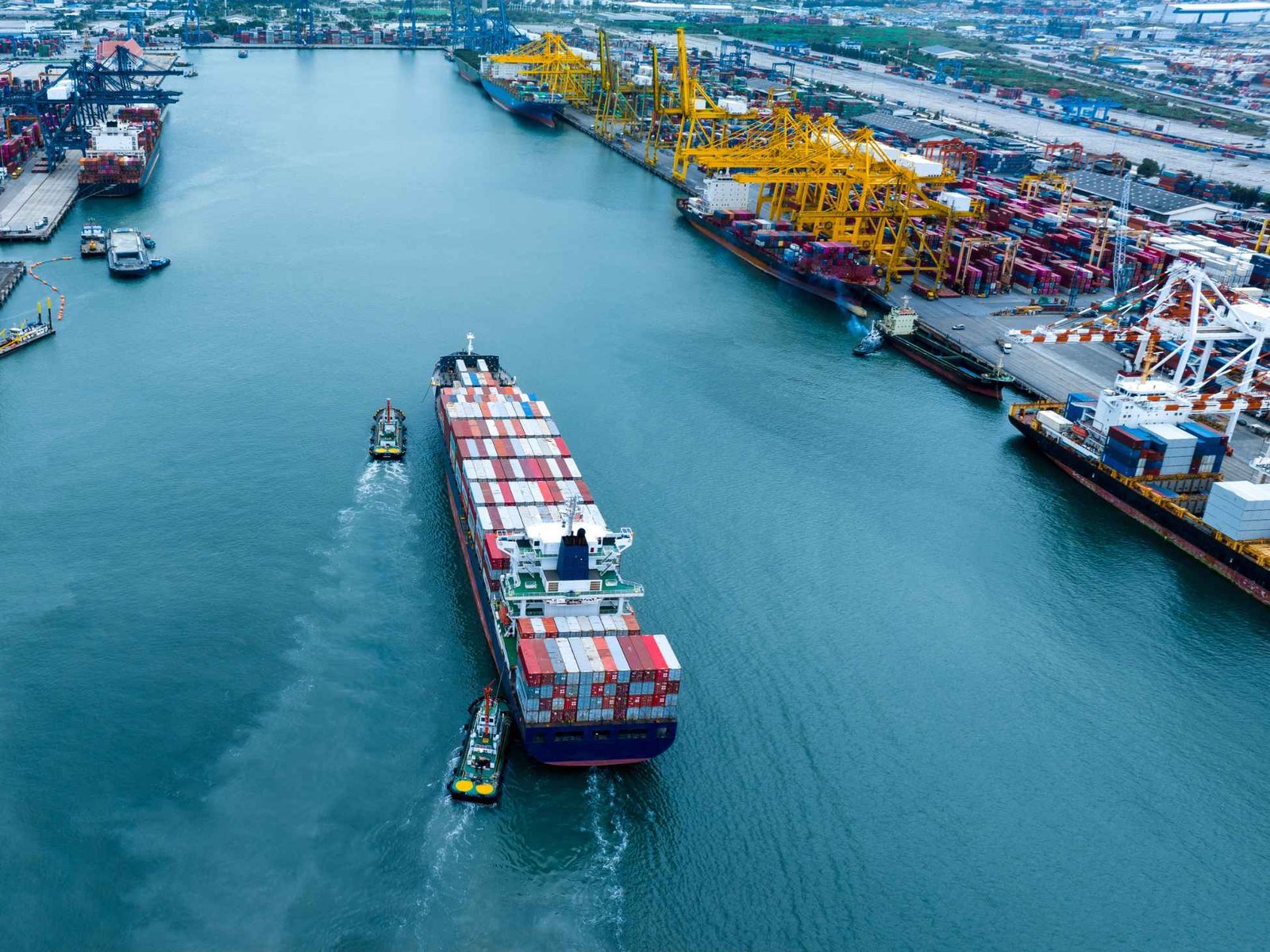The Polish General Forwarding Rules (OPWS) is a written set of regulations in freight forwarding. It was created by the Polish Chamber of Forwarding and Logistics (PISiL). The regulations concern the rights and obligations of the forwarder and the principal of the transport, e.g. the importer or exporter. They are not a source of law, but merely a voluntary agreement between the parties. Thanks to the OPWS, the carriage of cargo becomes more transparent and secure and market participants can benefit from the same unified rules. The regulations were created on the basis of the Civil Code and adapted to the forwarding and transport market.
If I would like to read the entire OPWS click here: link
What is PISiL?
The Polish Chamber of Forwarding and Logistics is an association of entrepreneurs influencing the national and international forwarding, logistics market, customs agencies and others having to do with the circulation of goods.
The organisation aims to exercise control over the freight forwarding market through activities such as participating in the drafting of legislation, assisting in the resolution of disputes and representing the interests of PISiL members. In order to join the association, certain conditions stipulated by PISiL must be met.
General Polish Forwarding Rules - what are they?
The OPWS is a set of rules and regulations between the freight forwarder and the party ordering the transport. The OPWS consists of 38 paragraphs that regulate in detail issues related to the performance of freight forwarding, including: liability, remuneration, insurance, claims procedures, settlement of disputes, pledge and retention of the container and many others.
For example, under the OPWS, the freight forwarder's liability for damages is limited to 2 SDR per 1 kg gross weight of the shipment, not exceeding a total of 50,000 SDR per incident. The value of 1 SDR is currently about PLN 5.5. The freight forwarder is also not obliged to insure the consignment unless he has agreed this with the principal. In the case of an incident caused by the forwarder's damage, we can expect compensation in the amount of PLN 11 per kg of cargo! For this reason, it is always worth buying additional insurance.
What does the OPWS regulate?
- Definitions: Precisely define the terms and concepts used within the forwarding contract, ensuring clarity of interpretation.
- General provisions: Define the general tasks and duties of the freight forwarder, including standards of conduct and rules of cooperation with the principal.
- Offer: Establish the terms of the offer, including the rates, the terms of the offer and the rules for changes to the offer.
- Forwarding contract: Defines the scope of the tasks of the freight forwarder and determines when the contract is concluded and its legal effects.
- Forwarding order: Defines the form of execution of the order, the duties and responsibilities of the parties, and the terms of performance.
- Order execution: Regulate issues related to risk, document circulation, cargo security and the timeliness of order execution.
- Insurance: Set out the terms and conditions for taking out cargo insurance as part of a freight forwarding contract.
- Obstacles to the performance of forwarding activities: Regulate the treatment of obstacles preventing the execution of an order.
- Remuneration of the freight forwarder, reimbursement of expenses incurred: Establish the principles of remuneration for the service provided and the principles of reimbursement of additional expenses.
- Freight Forwarder's Liability: Defines the scope and conditions of the freight forwarder's liability for damage caused during the execution of the order.
- Limitations and exclusions of the freight forwarder's liability: Indicate situations in which the freight forwarder is not liable for damages.
- Claims: Specify the complaint procedures in the event of non-compliance with the performance of the forwarding contract.
- Lien and retention rights: Regulate the rights of the freight forwarder to pledge and detain a consignment in certain situations.
- Limitation period: Specify the limitation periods for claims arising from the forwarding contract.
- Dispute resolution and applicable law: Indicate the procedures for dispute resolution and the applicable law in case of possible conflicts.







